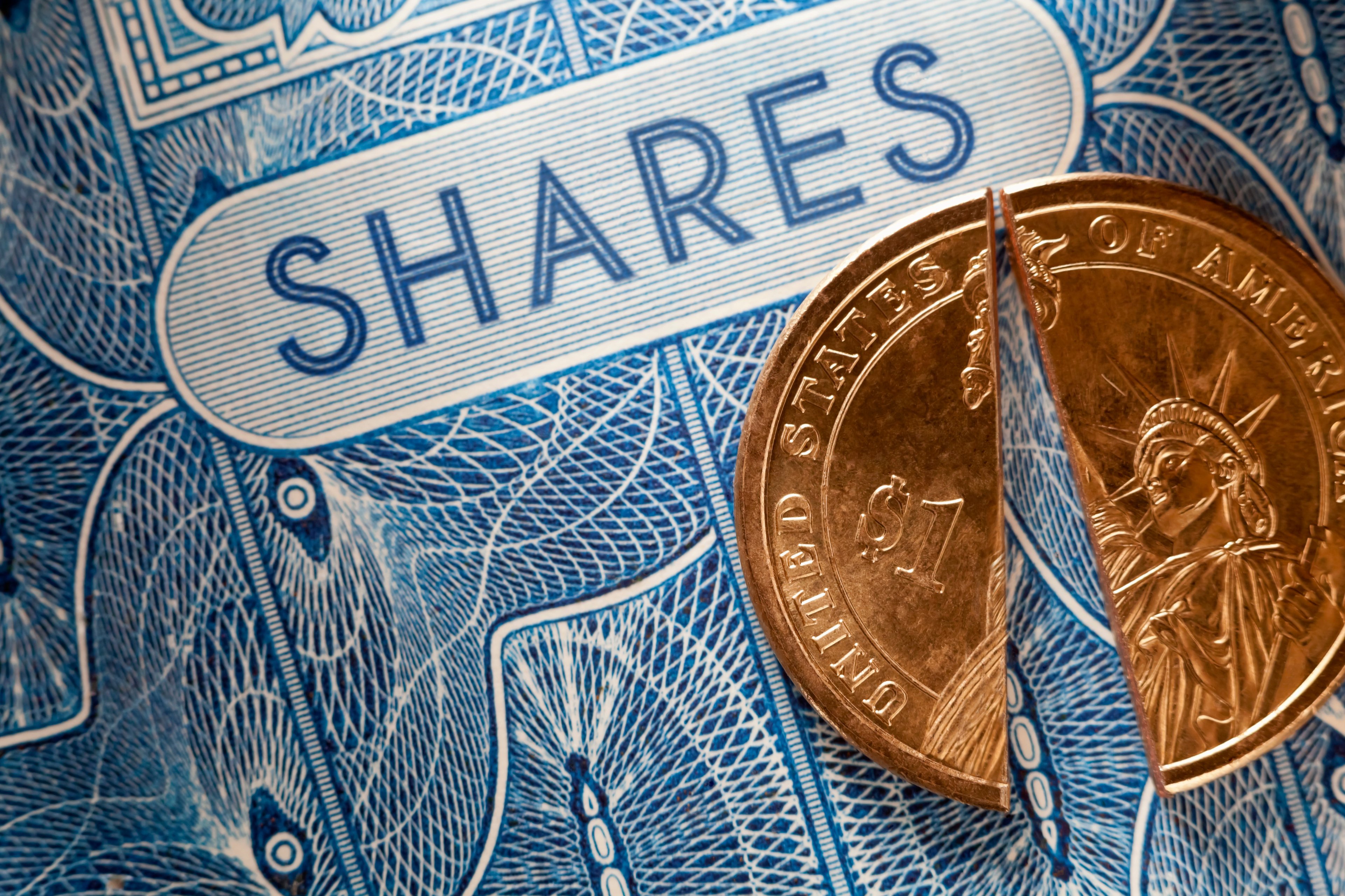In technology, success can be fleeting even for the most storied incumbents, something shareholders of Japanese electronics stalwart Sony (SNE 0.47%) know too well.
Thanks to internal politics and sloth-like decision-making by management, Sony missed the creation of at least two of tech's most important new markets over the past two decades, paving the way for the rise of powerful names such as Apple and Samsung in the process. The resultant stock market performance should then come as no surprise.
Although woefully late, change is finally in the wind again at Sony.
After a largely unprofitable decade, CEO Kazuo Hirai has been fast at work reorganizing Sony into a faster, nimbler company in hopes of returning the company to consistent profitability. And recently, Hirai made yet another major corporate move in what's slowly becoming a little-discussed overhaul of one of tech's most storied names.
Sony's semiconductor reorg
Earlier this month, Sony announced plans to reorganize its image sensor chip business, one of three core profit areas on which management hopes to rely as a cornerstone of Sony's revamped reporting structure. The unit designs, manufactures, and sells the cutting-edge image-sensor chips found in many of today's most popular smartphones. As smartphone growth has exploded since the iPhone was introduced in 2007, Sony's camera-chip business has benefited as well. However, although the company enjoyed 12.5% operating margins during its most recent quarter, the segment also accounted for only roughly 9.4% of Sony's total sales during the period, so the overall potential benefit from this move will probably provide only a beneficial impact on the margin.
Importantly for Sony investors, the move is not a spinoff, as at least one media outlet dubbed it. Rather, it appears Sony will reorganize this business into a largely autonomous, wholly owned operating subsidiary. This decision should enable Sony shareholders to continue to benefit from this critical reporting segment, while also creating greater focus and accountability for its management. Specifically, this realignment will carve out Sony's image-sensing business from its devices division, which also produces electronics components, including batteries and storage products. Sony's new camera-chip unit will operate under the name Sony Semiconductor Solutions.
Untangling Sony's tangled web
This move illustrates Hirai's broader strategy to overhaul Sony into a more focused, profitable company. In addition to this move, Hirai executed similar reorganizations of both Sony's Bravia TV unit and its audio and video unit into their own wholly owned operating subsidiaries since the start of last year. However, whether these moves are merely the first steps in preparing to either sell or divest these units into their own publicly traded companies remains unclear.
Sony did sell its struggling Vaio computer business to Japanese private-equity firm Japan Industrial Partners in early 2014. However, it has also refused to part with other high-profile areas of its business, most notably in Hirai's refusing of activist hedge fund Third Point Capital's overtures for Sony to spin off or sell its entertainment division in 2013.
Hirai has said he believes his sweeping reorganization move, and the cost cuts and job losses that have often accompanied them, should help improve Sony's profitability from the roughly 20 billion yen ($170 million) the company targeted earlier this year to a whopping 500 billion yen ($4.2 billion) profit by Sony's fiscal 2018. Obviously, such a dramatic improvement to Sony's bottom line is no small task, so investors would do well to take this figure with a grain of salt, especially given Sony's extraordinary lack of execution over the past decade.
However, the multiple reorganizations and segment divestitures are arguably the most meaningful steps the company has taken in some time to remedy its inability to execute and generate returns for shareholders. If these changes were to take hold, they would probably be a boon for Sony's overall stock price. So while Sony clearly has a long way to go, investors might want to further research what could become a profitable turnaround investment under the right circumstances.







